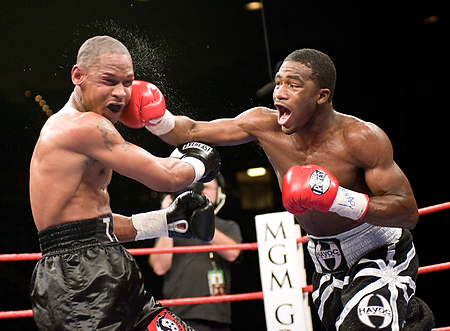It has been said that we must perform at a certain velocity to achieve worth, success, and security. Many things have been promised to our generation, but it seems that only a select few have achieved them. We hold these success stories up as a championing call to work harder, be better, and to not stop until we become like them.
Eleanor Robertson recently wrote about the contrasting self reflections between the Baby Boomer generation and the Millennials (or Generation Y). The self worth was vastly different with the Millennials believing that they were not as responsible, self-reliant, moral or compassionate. “Western millennials believe that we’re failures – immoral and irresponsible. We believe we’re not proper adults. We believe we’re lazy and self-absorbed.” Robertson blames these thoughts upon the previous generation:
The boomer mentality goes like this: get a good education. Get a well-paying full-time job. Find a stable partner. Buy a house and a car. Preferably, have a child. Failing any stage of this process is a reflection of your self-worth and indicates a lack of moral fibre.
With regional variations, millennials have absorbed our parents’ world view. We consider these expectations reasonable, and we blame ourselves for not living up to them.
We have been raised in a society that places worth and success in our performance and achievements. If we are to be successful and have worth, then we are to perform in a certain way and achieve certain things. These cultural ideals negatively affect the way we view ourselves and the way we view our lives.
When we start to view our worth and value in terms of performance and achievement then we begin to find our identity and value in what we do (Job, hobbies, passions) and in what we achieve (salary, possessions, accolades). In this mindset, our lives are a constant competition. We are forced to compete with everyone and everything because our achievements, and thus, our worth and value depend on it.
No longer does a Bachelors degree mean anything. Instead we must get a Masters, a Ph.D., write articles and books, speak at conferences, reform ideas and movements, and come up with groundbreaking theories. In this day and age, you must stand out to be valuable.
Robertson challenges us to break free from this mold:
“It is crucial that we acknowledge the socially determined nature of human existence and stop believing that running faster on the hamster wheel will get us anywhere different.”
So what are we laboring for? What motivates us in our striving? Is it success? Worth? Value?
As Christians, we are called not to labor for anything other than Christ’s glory and the spread of his gospel. It is to this call that we have been exhorted to be faithful. The Christian life is not marked by a competition for success, achievement, worth, or value. All of these are found in Christ and our lives are marked by his completion of the work. Instead, we are simply exhorted to be faithful to what he has called us to. Certainly this takes effort and intense labor, but we know that our identity is found in Christ, not in our achievements or performance. Our success is measured not in earthly accolades and praise, but in the success of Christ on the cross. Our new identity with its call to be faithful is firmly rooted in the faithfulness of Christ. In light of this, we may accept our call:
“Pursue righteousness, godliness, faith, love, steadfastness, gentleness. Fight the good fight of the faith. Take hold of the eternal life to which you were called and about which you made the good confession in the presence of many witnesses.” 1Timothy 6:11-12





1 Comment
Leave your reply.